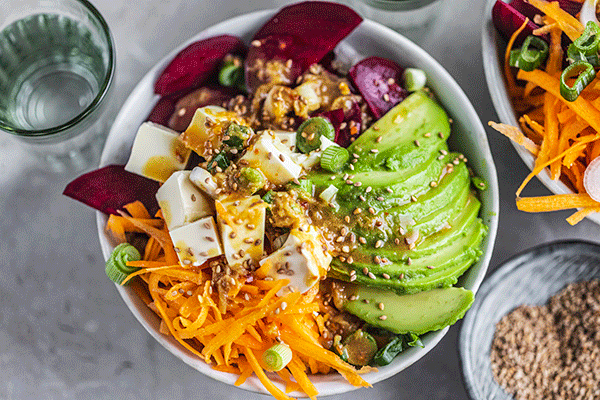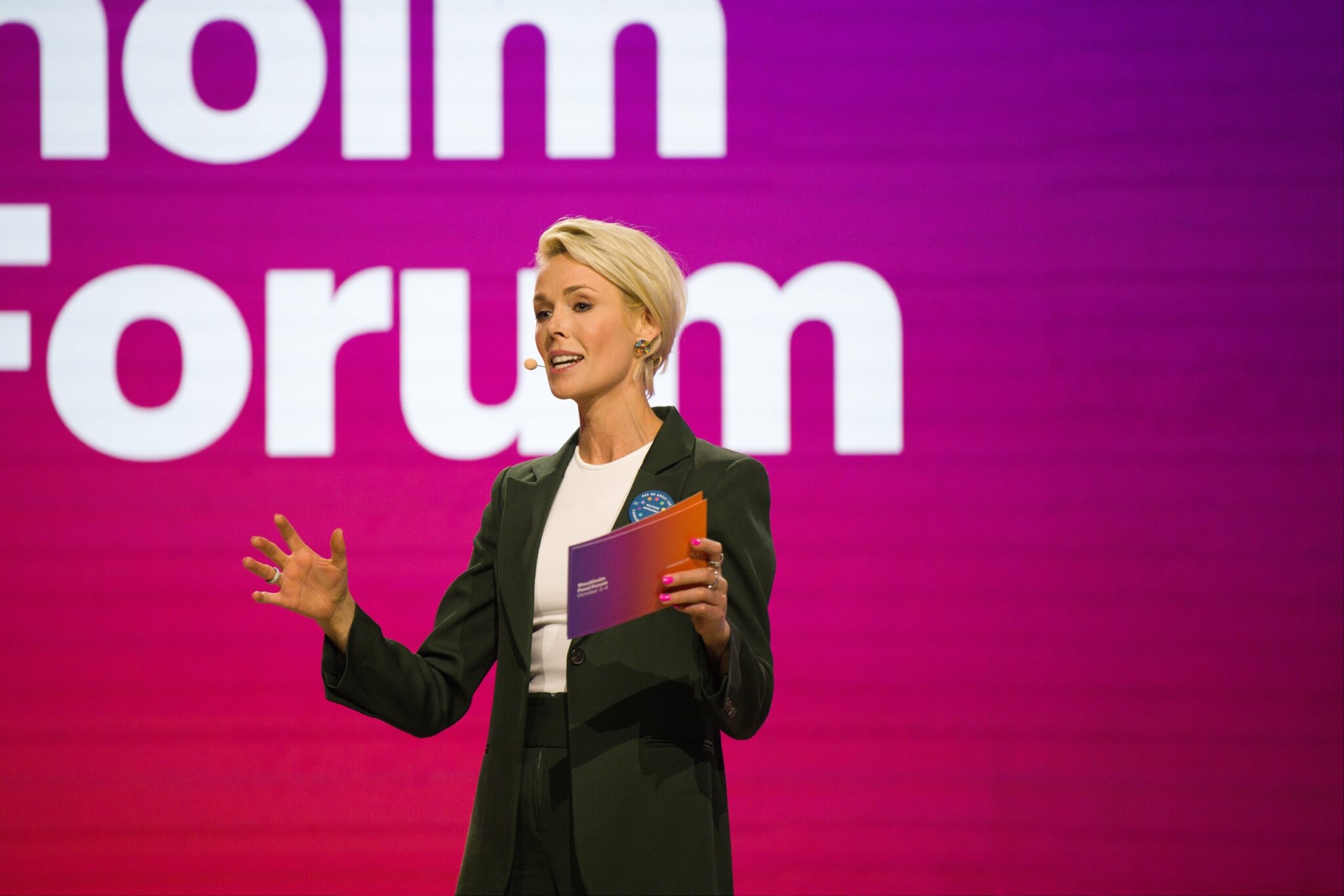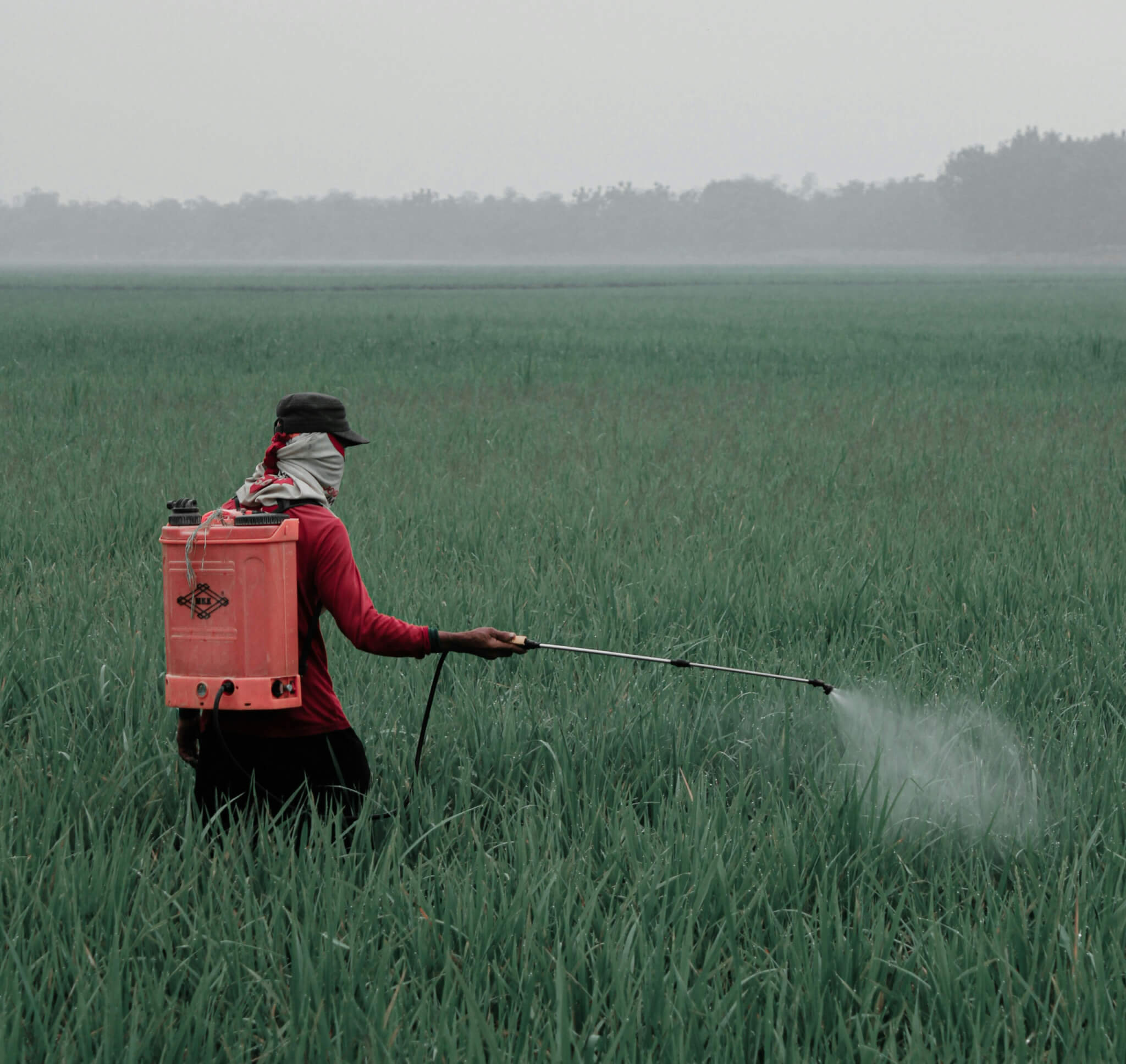Veganuary has become one of the most well-known campaigns in food. Born out of the ethos of veganism, which in its purest form is about animal rights, people now try Veganuary for a huge range of reasons, whether that’s health, to lower their carbon footprint or simply to start the year with a challenge or a feeling of purpose.
Dig a little deeper and Veganuary has also sparked a more nuanced discussion around sustainability: although globally, scientists agree that we need to eat less red meat and dairy, in the UK, simply switching wholesale to plants without any regard for sourcing can mean you end up buying and eating more processed meat alternatives, with ingredients sourced from far and wide with limited transparency and manufactured in energy-intensive factories.
Veganuary also sparked a counter-campaign called ‘Regenuary’, which seeks to highlight the benefits of grass-fed livestock and inspire a conversation about sourcing and production of meat, including farmers who use livestock to fertilise their grown without harmful chemicals.
Wherever you sit on the spectrum, there are ways to eat a healthy and sustainable plant-based diet, and it can also open the door to a whole new world of recipes where veg is the delicious star of the show, and that’s something everyone can enjoy.

Here are just a few of the reasons and considerations for some doing Veganuary this year:
Health
Many people choose to try a vegan diet to increase their consumption of fruit and veg for health reasons, and it’s not without reason. Rising rates of obesity, not enough fibre and consumption of processed meat are listed as possible reasons for higher rates of bowel cancer, with more younger people being diagnosed than ever before. Eating more plants (such as in a plant-based diet) increases your intake of fibre, while eating a greater diversity of plants improves your gut microbiome by feeding it with a broader range of good bacteria. In turn, gut health is associated with better immunity, mental health and digestion. Eating only vegan food does come with some health risks though; particularly around the need for B12, and careful attention should be made to eating a nutritionally balanced and broad range of plants, rather than a small range.

Environment
Along with giving up flying, reducing your intake of red meat and dairy is named as the best way to reduce an individual carbon footprint. This is largely due to the methane emissions from ruminants, which is a potent greenhouse gas, as well as the indirect link between deforestation to grow crops for animal feed. Eating mostly, or all plants, is likely to mean your diet has a lower carbon footprint, but it is not a given on its own; how far your food has travelled, on what mode of transport and how it was produced also play a part. For example, non organic fruit and veg is produced with nitrogen fertiliser, which accounts for a third of emissions from agriculture. Cutting out meat and dairy can be a positive step for the environment, but as with everything in food, it’s not necessarily a quick fix to a life of low impact.

Animal welfare
There surely aren’t many people who could look at the realities of industrially-farmed livestock and carry on eating it. Animal welfare is as good a reason as any to try Veganuary, but there’s an important distinction to be made, even if you don’t eat vegan, between farms and factories. As pointed out by the campaign of the same name, Farms not Factories, there is a huge difference between the respect, space and welfare given to animals on small-scale or organic farms, compared to the cruel conditions of mass production. Of course, some people don’t agree with killing animals for food full stop if we can get our nutrition elsewhere. Living in a relatively wealthy first world country, some of us do have the luxury of choice and it’s important not to dismiss the moral, cultural or other defining principles of others.
Starting the year with purpose
The New Year has long been associated, rightly or wrongly, with a sense of restart. Unhappy with your weight, dietary health or just want to start the year with a sense of purpose? Many people find the challenge of Veganuary a useful structure to follow, and it’s not uncommon to hear of people trying it alongside increased exercise or cutting out alcohol as part of a wider reimagining of their lifestyle. At its essence, some see Veganuary as a helpful way to take back control and start the year with feelings of positive empowerment.
Try new recipes

Who hasn’t felt stuck in a rut of midweek meals and the same old recipes? Combined with the over-eating of December, when many of us may have overindulged on the festive cheeseboards, trying veganism for a month might open the door to a whole new world of veg-centric eating. If you’ve never tried making veg the star of the show, you’re in for a treat as there are so many ways to explore texture, flavour pairings and ways of cooking that will bring new levels of creativity or excitement to the kitchen. There are many excellent food writers specialising in plant-based cooking; try Rachel Ama for quick, easy and flavour-packed midweek meals, or Riverford’s dedicated vegan recipe hub for easy and delicious recipe inspiration, and you’ll enter a whole new world of culinary adventure. For those who need an extra helping hand, a vegan recipe box takes the work out of cooking while still introducing you to new ways of cooking.
How to be a sustainable vegan
For those interested in digging a little deeper, there is a fascinating discussion to be had about sustainable veganism. For example, arguably some ingredients that fit a plant-based lifestyle on the surface, like soy or palm oil, do harm animals indirectly through habitat destruction. And one step further, people have even begun to question the shipping around of bee colonies to pollinate vast monocultures of avocados, which again would fit within a vegan diet. For a broader and potentially more applicable take on sustainable veganism, buying organic ticks the same boxes for vegans as it does for others in terms of no artificial chemicals and farming in harmony with nature, as does buying seasonal produce from local farms. For more info, have a read of this article.
Best swaps
Picked your reason and ready to give it a go? There are a range of easy swaps from everyday eating to a plant-based diets, such as baking without eggs and how to replicate rich, meaty flavours. Find out more here.










And could we add to that, try to imagine what has to be done to a soya bean to make it look like bacon.. People who buy these ‘vegan’ products are rarely aware of the chemical processes that the plant material is subjected to in order to create something which looks a bit like meat. I say nothing about how it tastes. If you must do Veganuary in spite of all the arguments set out so cogently above, then at least accept that meat and dairy are off the menu and eat plants in their natural form.
Why January? Why this enforced misery in January? Don’t get me wrong I love vegan food and am a passionate advocate of healthy eating all year round. But don’t get caught up in this media hysteria which encourages people to stuff themselves senseless with food and drink in December and then in January exhorted to exercise every day, give up meat, alcohol, cheese, etc completely. cook delicious vegan meals from scratch, “if you don’t then you are failure” – yeah right.
All the food photos look amazing. Is it possible to have links for the recipes?
Yes & most soya, if it is not organic will be GM.
Enjoy your veggies, fruits, nuts, pasta, seeds, pulses etc etc as they are, made into fabulous meals very easily.
Loads of recipes on Riverford, more on the Veganuary website here – https://veganuary.com/recipes/
& even more at One Green Planet – https://www.onegreenplanet.org/channel/vegan-recipe/ ( just don’t click on any ads)!
Try to avoid the commercial processed new products that they label ‘vegan’ as so many of them are not nutritional food with good ingredients – it’s just that the manufactures have simply deceided the market is now big enough to profit from!
A big topic. I think if the Veganuary effort makes more people think about where their food comes from, and what they are putting in their mouths so much the better. I do find it a bit confusing as to why the Vegan way of eating seems to often come with a caution to ‘eat a well balanced diet’ as if somehow when eating animals enables you to put whatever you like in your mouth without it doing any harm to you or the environment! People living in the so called ‘blue zones’ seem to do ok on mainly plant based diets.
I agree Anthony, and i get frustrated by the sometimes hostile dialogue in the environmental movement between the vegan community and the omninvores/farmers. It’s classic in-fighting and it’s about whose way is the best way? But really they’re on the same side and fighting the same battle, just in different ways. I don’t know how we get them to realise their commonalities?
It is funny, this ‘eat a balanced diet’ idea, like you say if people have made that step, they are thinking about their food a bit more. But i guess they say that because B12, essential role in red blood cell formation, cell metabolism, nerve function and the production of DNA, is lacking in a vegan diet, and you need to supplement it.
I listened to an interesting podcast that opens up some interesting nuance on the vegan debate and challenges some big assumptions.
https://open.spotify.com/episode/23ujGpmXWeDesWaqWcJeRB?si=kL_alOxKTDGD0ktgpxUe3A